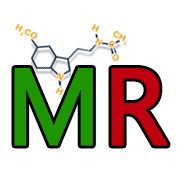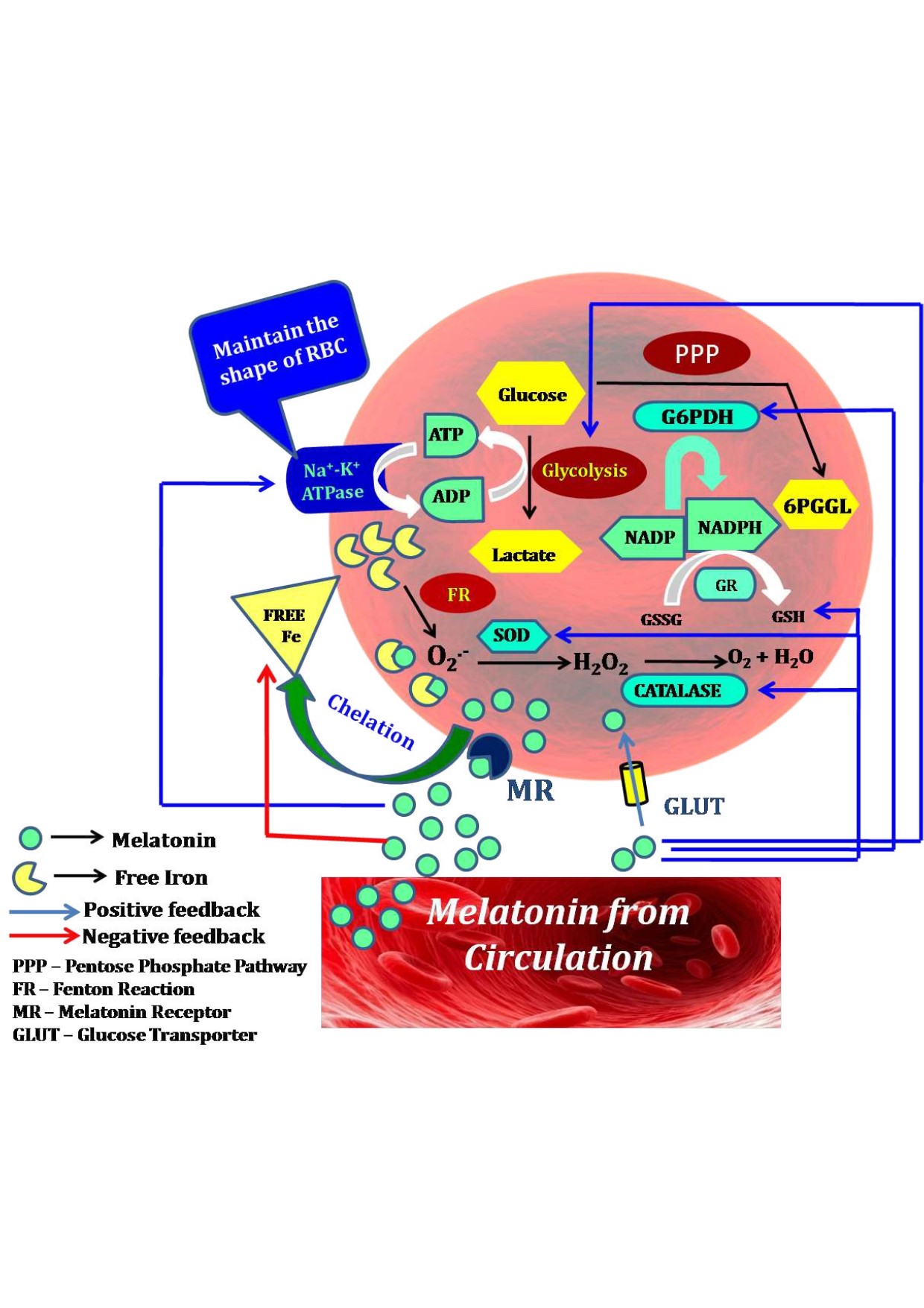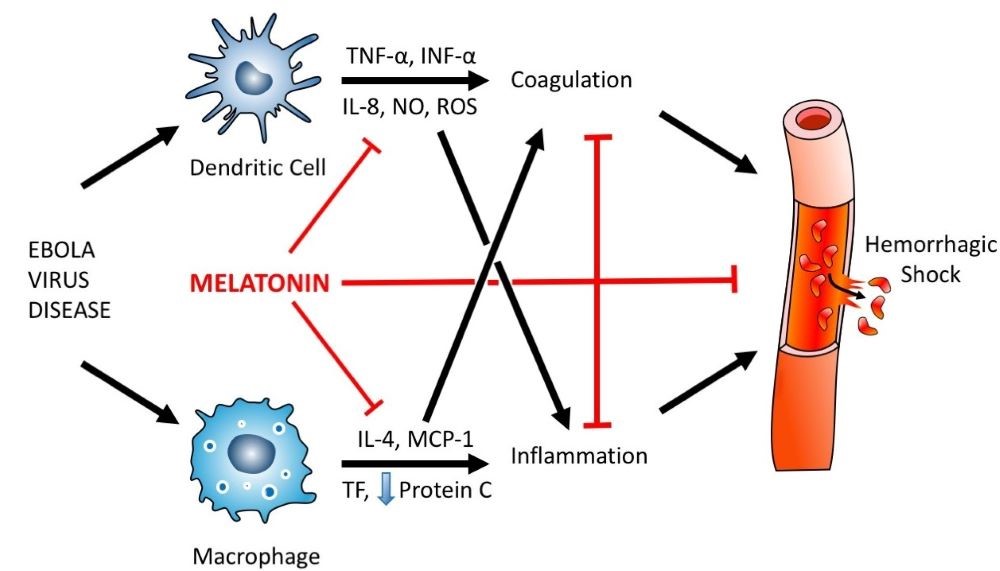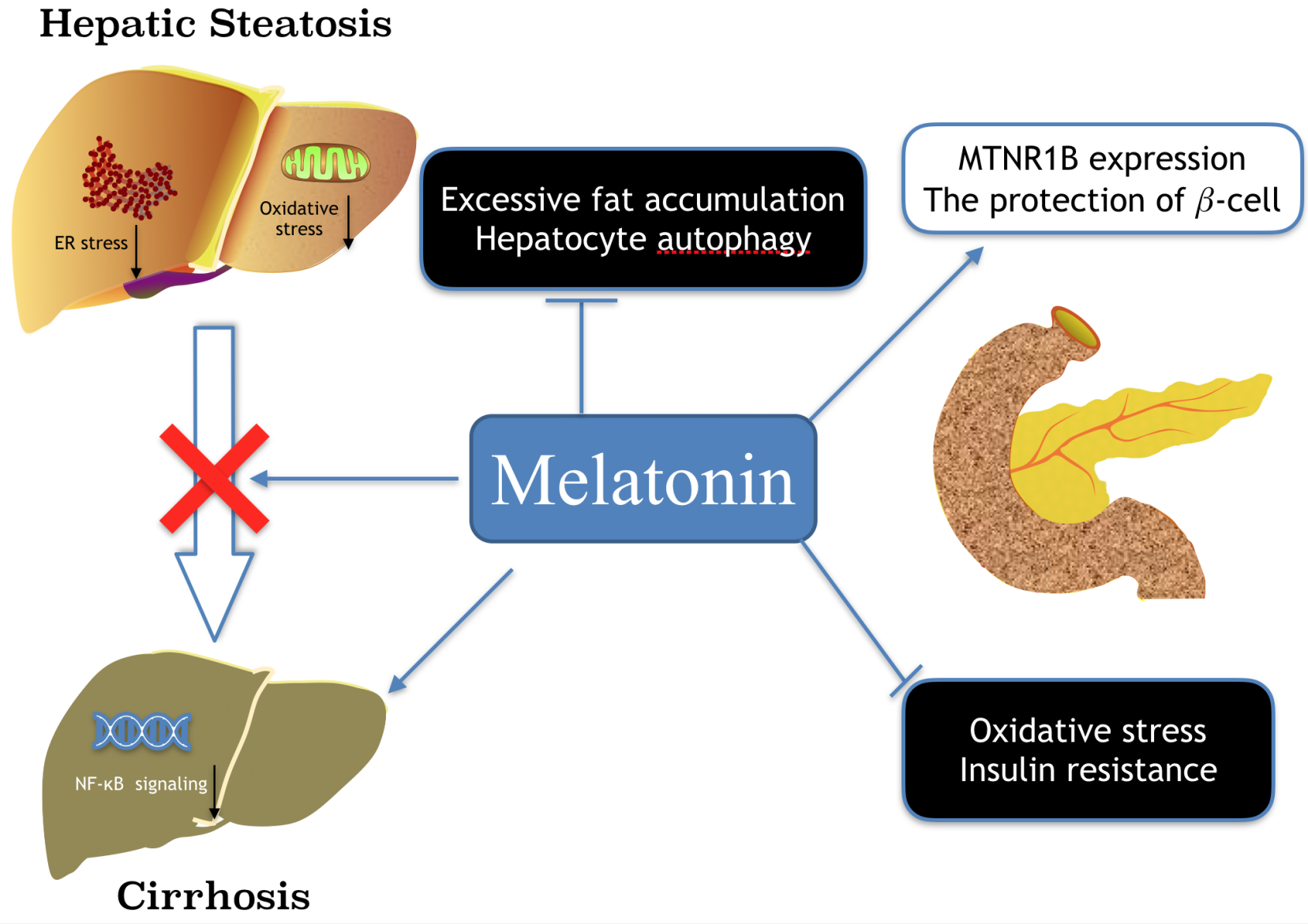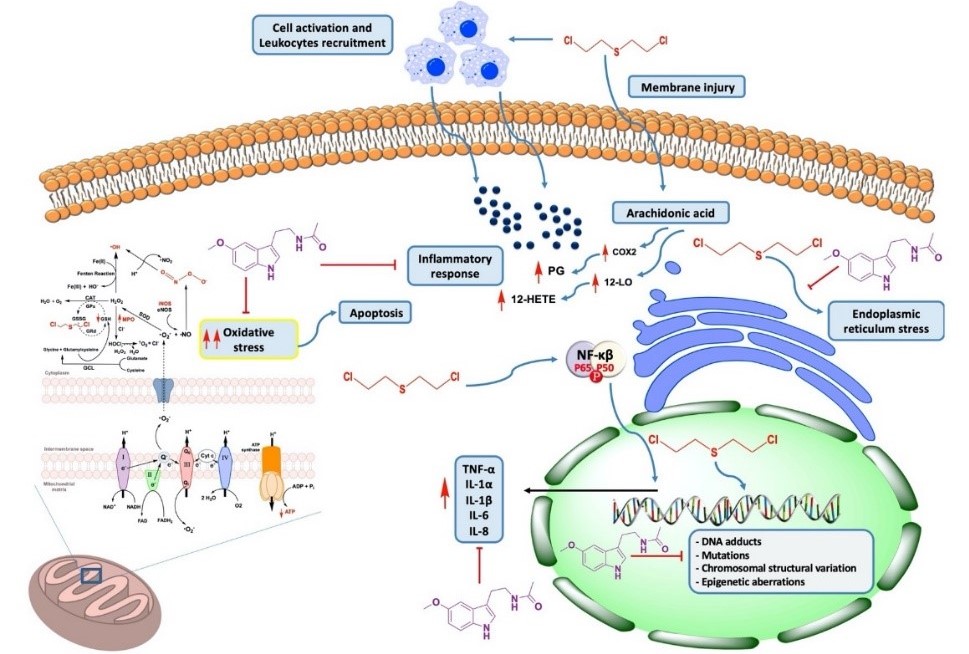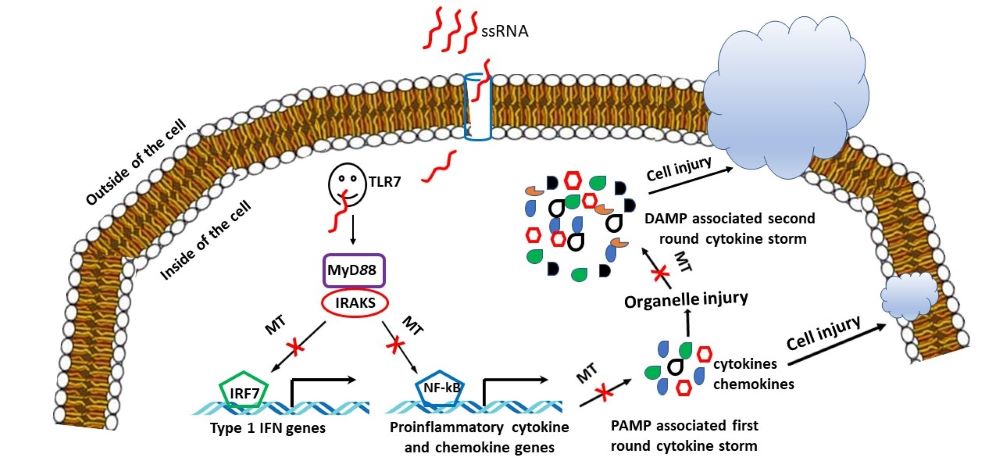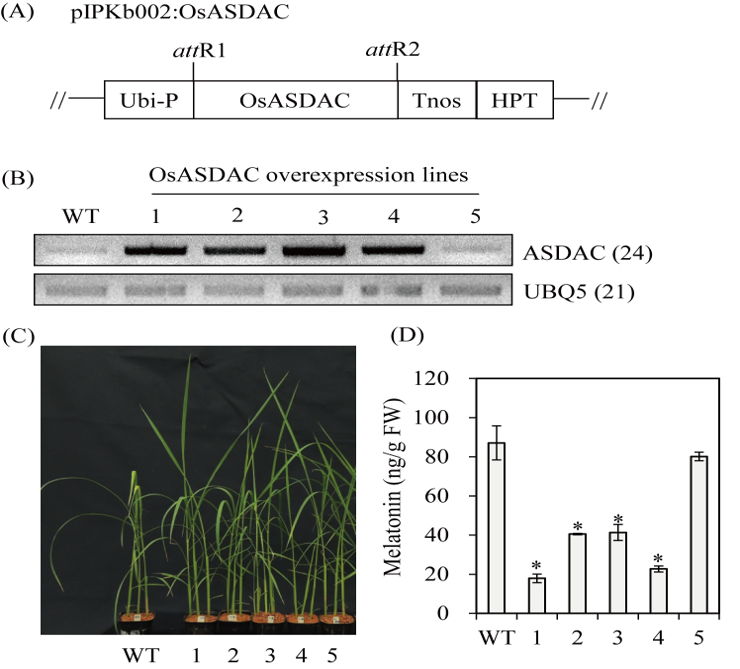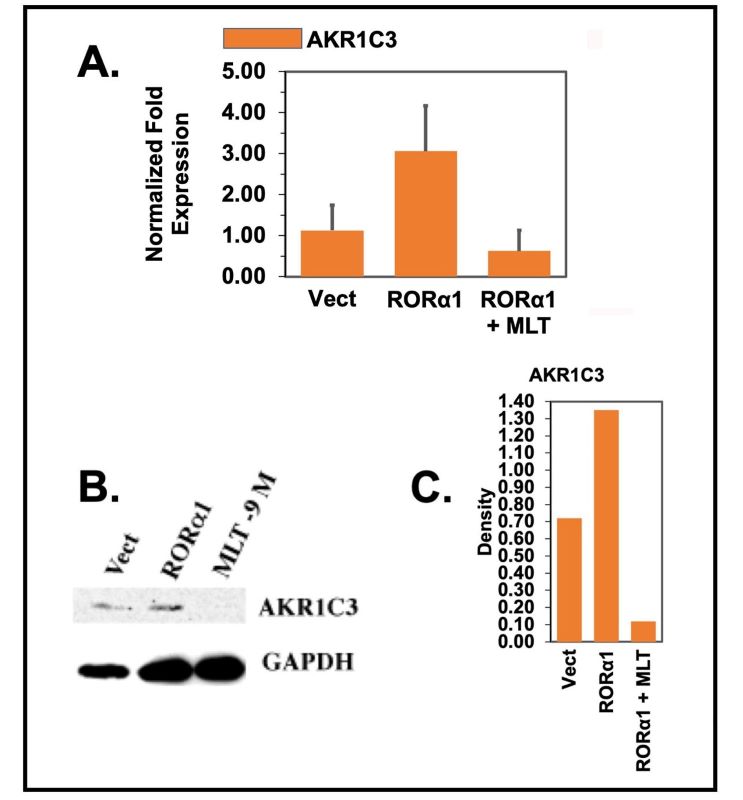
In this issue, the focus is on the potential utility of melatonin use for the unpredictable and rapidly-developing public health events such as in exposure to vesicant chemical warfare agents (Romero et al.), outbreak of Ebola infection (Reiter et al.) and the current COVID-19 pandemic (Tan & Hardeland). Unfortunately, as usual there is a lack of immediately available and effective treatments for these public health threats, thus, leading to high mortality. The underlining mechanisms for the high mortality commonly involves free radical attack and destructive inflammation in numerous tissues and organs. For example, the targeted tissue for the Ebola is vascular system while the lung is the target for sulfur mustards and COVID-19. In COVID-19, the free radical formation and massive inflammatory reaction is caused by the exaggerated innate immune response of the host against the pathogens. This hyperactive innate immune response is associated with the release of a large quantity of cytokines referred as a “cytokine storm”. This phenomenon is also observed in the vesicant chemical warfare agent exposure and in Ebola virus infection. It appears that the pathogens per se serve as the pathogen associated molecular patterns (PAMPs) triggering the primary “cytokine storm” and the damaged molecules of the host cell resulting from the primary “cytokine storm” function as damage associated molecular patterns (DAMPs) to cause the secondary “cytokine storm”. This becomes a vicious cycle; if this vicious cycle is not interrupted, it causes massive tissue and organ damage and sometimes death. All of the authors mentioned above believe that melatonin is a molecule which has the capacity to break this vicious cycle. Melatonin is a powerful free radical scavenger to reduce the tissue oxidative damage and it is also an effective anti-inflammatory agent to depress the “cytokine storm”. As a result, melatonin may increase the tolerance of the host to the pathogens and save precious time for the patients to develop an adaptive immune-response and finally recover from the pathogens’ attack. In addition, melatonin also promotes the adaptive immune response by increasing T lymphocyte proliferation and B cells to generate specific antibodies. Melatonin has a huge safety margin and is readily available. Based on its pharmacological and physiological characteristics, melatonin may exhibit beneficial effects if it is used in these unpredictable public health events including vesicant chemical warfare agents, Ebola and COVID-19 infections.
